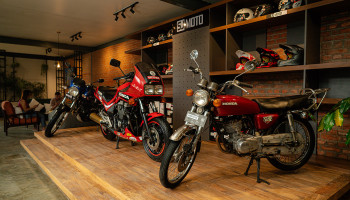Traditional charging methods can be time-consuming, often taking several hours to fully recharge a depleted battery, impractical for users with demanding schedules or high-mileage needs. This is where battery-swapping technology becomes essential.
In the evolving urban transportation landscape, battery swapping addresses key challenges such as extended charging times and range anxiety, making electric two-wheelers more practical for everyday use.
Gogoro, a Taiwanese company founded in 2015, is set to revolutionize urban mobility in Kathmandu with its innovative battery-swapping technology. By introducing advanced swapping technology, Gogoro aims to overcome the challenges of lengthy charging times and range anxiety, establishing new benchmarks in sustainable transportation.
In collaboration with Nebula Energy, Gogoro has already launched its battery swapping service and the Gogoro CrossOver GX250 Smartscooter in Nepal. Nebula Energy has strategically positioned two GoStations in the Kathmandu Valley, specifically in Lazimpat and Tripureshwor. The company plans to install a new station every 2-3 kilometers after reaching a total of 45 stations. Additionally, they aim to further expand this network in the future.
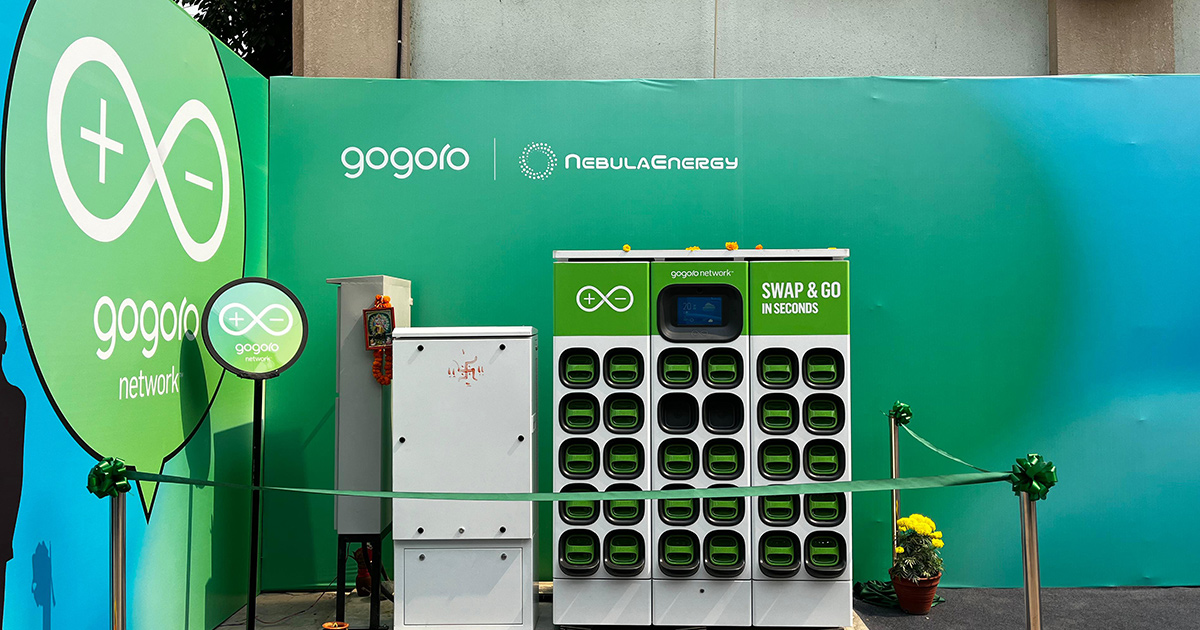
This initiative is set to revolutionize urban mobility in Kathmandu, establishing new benchmarks for convenience and efficiency in electric transportation.
Let’s read how Gogoro's groundbreaking battery-swapping technology is poised to redefine urban mobility and set new standards for the electric two-wheeler ecosystem.
Redefining Convenience with Quick Battery Swaps
Gogoro's battery swapping system allows users to exchange depleted batteries for fully charged ones in under a minute. This rapid process minimizes downtime compared to traditional charging, making electric two-wheelers more practical for urban commuters, delivery riders, and scooter-sharing services.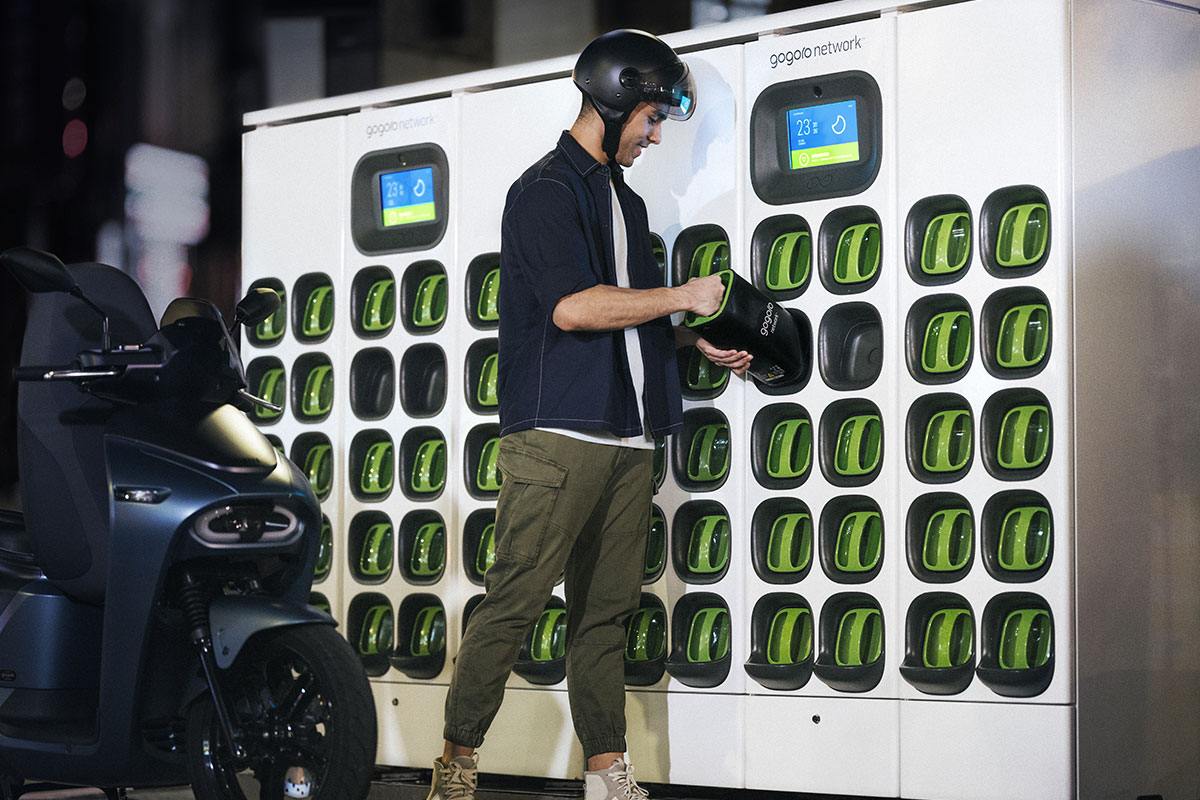
Overcoming Range Anxiety
Gogoro’s network addresses range anxiety by ensuring users can quickly swap batteries, eliminating the fear of running out of power. This encourages a shift from gasoline scooters to electric ones, reducing emissions and promoting a cleaner urban environment.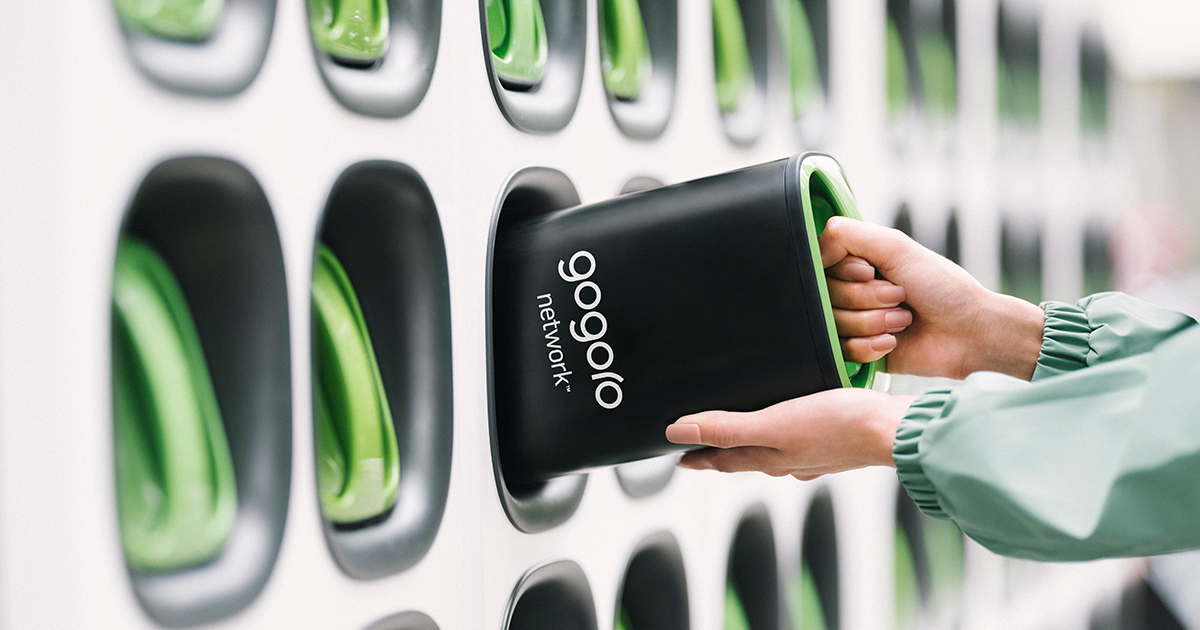
Streamlining Battery Ownership with a Subscription Model
The company also plans to ease the challenges of battery ownership with its subscription model. This approach removes the financial and logistical strains tied to owning and maintaining batteries. Subscribers can benefit from regular battery replacements, maintenance, and upgrades without the initial expenses and long-term commitments of traditional ownership.
Streamlining Battery Management and Recycling
Centralized swapping stations streamline battery management and facilitate efficient recycling. Gogoro’s advanced systems monitor battery health and support environmental sustainability, reducing waste and promoting a circular economy.
Boosting Urban Infrastructure and Economic Growth
Gogoro’s expansion involves significant investment in real estate, technology, and jobs, boosting local economies. The presence of Swap Stations also enhances the resilience and adaptability of urban transportation networks.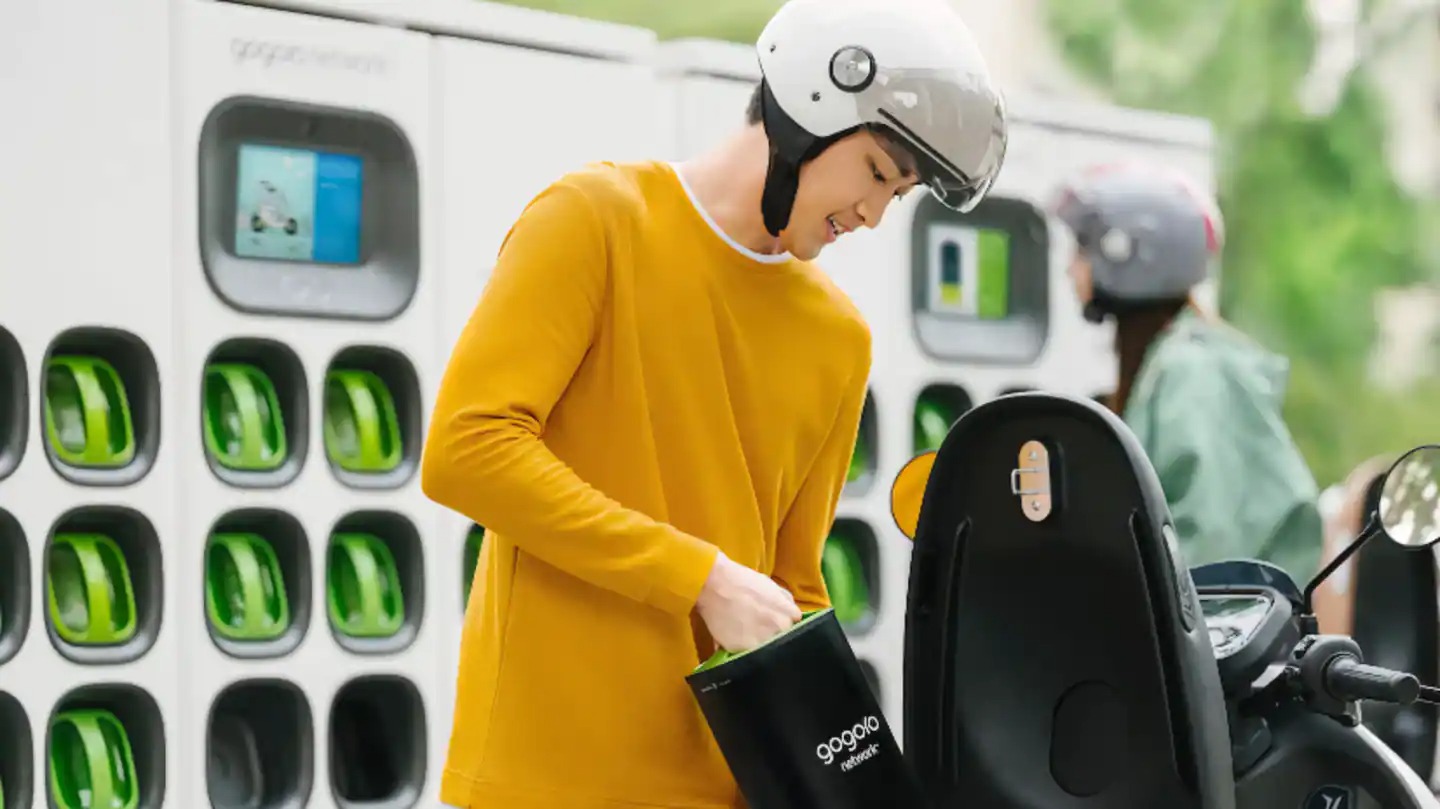
Enhancing Urban Air Quality
Gogoro's electric scooters cut emissions compared to gasoline-powered models, improving urban air quality. This shift supports global climate goals and enhances public health and quality of life in cities.
Gogoro is setting a new standard for electric two-wheelers with its rapid, convenient, and cost-effective battery-swapping solution. As cities seek sustainable and efficient transportation, Gogoro's model offers a powerful blueprint for transforming urban mobility. Its innovative approach is not only advancing electric two-wheelers but also reshaping the future of urban transportation.


















